Solving Problem

How can mind mapping improve creativity and problem-solving skills ?
Mind mapping is a tool that enhances creativity and problem-solving skills by providing a visual way to organize information. It stimulates brainstorming, enhances visualization, and promotes collaboration for creative thinking. Mind mapping also aids in problem-solving by identifying core issues, providing clarity and focus, and facilitating decision making.

Does exercise influence executive functions, such as decision-making and problem-solving ?
Exercise has a positive impact on executive functions, including decision-making and problem-solving. Regular physical activity can enhance cognitive functioning, risk assessment, self-control, creative thinking, working memory, and attention, leading to improved performance in these areas. Incorporating exercise into your lifestyle can benefit both your physical and cognitive health.

How do project-based learning and problem-solving activities fit into innovative teaching methodologies ?
Innovative teaching methodologies emphasize project-based learning (PBL) and problem-solving activities to engage students, foster critical thinking, and develop practical skills. PBL involves students in complex, meaningful projects that connect classroom learning with real-world scenarios, promoting deeper understanding, skill development, and motivation. Problem-solving activities challenge students to identify issues and find effective solutions, enhancing their critical thinking, decision-making, and resilience. Integrating PBL and problem-solving into innovative teaching involves identifying key concepts, designing relevant projects, incorporating problem-solving elements, providing resources, facilitating collaboration, scaffolding instruction, reflecting and evaluating, and assessing holistic performance. This approach creates a dynamic learning environment that prepares students for future challenges and fosters a love of lifelong learning.
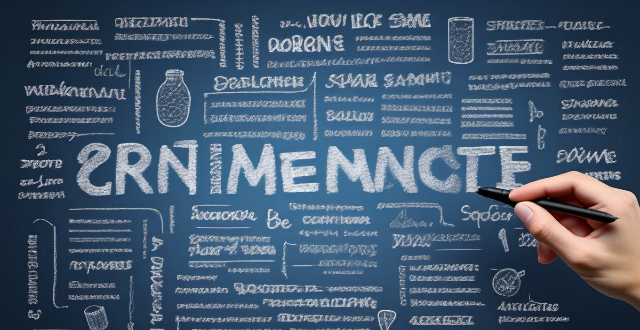
What steps should I follow when solving a word problem in mathematics ?
Solving word problems in mathematics can be challenging, but by following a step-by-step approach, you can simplify the process and increase your chances of finding the correct solution. The first step is to read the problem thoroughly, identifying all relevant information and understanding what is being asked. Next, plan your approach by deciding on a strategy, breaking down the problem into smaller parts if possible, and drawing a diagram to visualize the problem. After that, solve the problem by writing down the equations or expressions you will use, solving them step by step, and checking your work to make sure your answer makes sense and satisfies the original conditions of the problem. Finally, write your answer in a clear and concise manner, explain how you arrived at it if necessary, and check your work again to make sure you didn't make any careless mistakes. By practicing these steps, you should be able to solve most word problems in mathematics.

How can I develop better number sense and estimation skills for problem-solving ?
Number sense is a crucial skill for effective problem-solving, involving an intuitive understanding of numbers and their relationships. It's important for efficiency, flexibility, and confidence in handling numerical tasks. To improve your number sense and estimation skills, practice rounding and estimating, use benchmark numbers, work with different representations, engage in mental math exercises, analyze mistakes, and seek out challenging problems. Consistent practice and real-world applications are key to developing a more intuitive understanding of numbers and enhancing problem-solving abilities.

What are some effective strategies for solving algebra problems ?
In the article, "Effective Strategies for Solving Algebra Problems," the author outlines a five-step process to solve algebra problems effectively. First, read and understand the problem, identify unknowns, and visualize it. Second, plan an approach by selecting a strategy, breaking down complex problems, and estimating answers. Third, execute your plan by writing equations, simplifying them, and solving for variables. Fourth, check your work by substituting back into the original equation, evaluating estimations, and looking for errors. Finally, review and reflect on your steps, strategies used, and practice similar problems to solidify understanding. Following these strategies can increase confidence and success in solving algebra problems.

What resources are available to help me practice and master math problem-solving ?
To master math problem-solving, various resources are available, including online platforms like Khan Academy and Mathway, books such as "How to Solve It" by Polya, and video tutorials from YouTube channels like Numberphile. Practice worksheets from websites like Math Drills and IXL Math can also aid in skill development. Regular and consistent use of these resources can enhance one's ability to solve complex math problems and build a strong mathematical foundation.
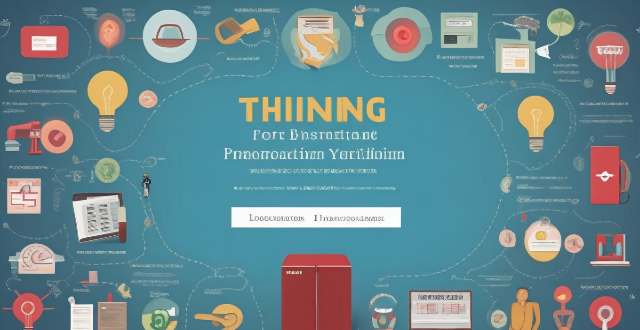
How does critical thinking training help in problem-solving ?
Critical thinking is essential for effective problem-solving. Training in critical thinking can improve problem identification, decision making, communication skills, creativity and innovation, and reduce bias and prejudice. By incorporating critical thinking training into your personal or professional development plan, you can become a more effective problem-solver and make a positive impact in your life and the lives of others.

How can I improve my problem-solving skills in geometry ?
Improving problem-solving skills in geometry involves understanding fundamentals, practicing regularly, analyzing mistakes, learning multiple solution methods, using visualization techniques, collaborating with peers, applying real-world scenarios, and staying updated with resources. Consistent effort and a proactive approach are key to success.

How can families handle conflicts that may arise from participating in sports together ?
Participating in sports together as a family can be a great way to bond and have fun, but it can also lead to conflicts. Effective communication, respect, compromise, problem-solving strategies, and seeking professional help are all important tools for resolving conflicts within families. By approaching conflicts as problems to be solved rather than battles to be won, families can find ways to work together more effectively and enjoy their time participating in sports together.
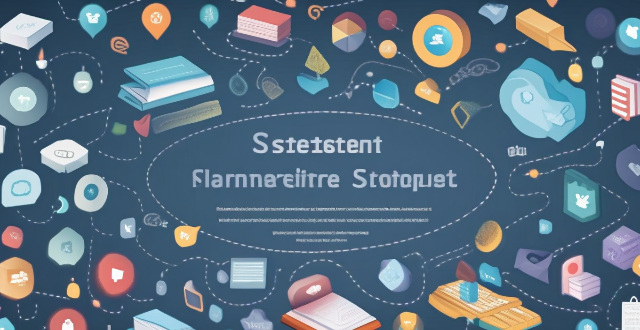
**Does Apple provide customer support for solving iCloud sync issues ?
Apple offers various support channels for solving iCloud sync issues, including a website with troubleshooting guides, online chat and phone support, in-person assistance at Apple Stores or authorized providers, email support, and community forums. These options ensure that users can find help suited to their preferences and needs.
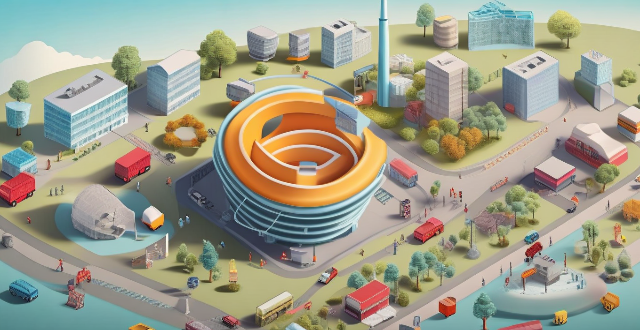
What are the benefits of international cooperation in solving global issues ?
International cooperation is vital for addressing global challenges, offering benefits such as pooled resources, enhanced security, sustainable development, scientific advancement, and fostering mutual understanding. By combining efforts, nations can achieve more significant progress towards peace, sustainability, and development than they could independently.

What skills do workers need to develop to adapt to automation ?
Automation is transforming the workplace, and workers need to develop a set of skills to adapt to this change. These skills will help them not only to coexist with automation but also to thrive in their careers. Here are some key skills that workers should focus on: 1. Technical Proficiency - Programming and Coding: Understanding basic programming concepts can be beneficial across various industries. - Digital Literacy: Being able to use digital tools effectively is essential for most jobs. - Data Analysis: The ability to analyze data and draw insights is increasingly valuable. 2. Critical Thinking and Problem-Solving - Analytical Thinking: The capacity to dissect complex problems and identify solutions is crucial. - Creative Thinking: Innovation is often required to find new ways to approach tasks. 3. Adaptability and Flexibility - Learning Agility: The willingness and ability to learn new skills quickly. - Change Management: Being comfortable with change and adapting to new processes. 4. Emotional Intelligence and People Skills - Communication: Strong communication skills are necessary to collaborate effectively. - Empathy: Understanding and relating to colleagues' needs and perspectives. 5. Continuous Learning Mindset - Lifelong Learning: Embracing ongoing education to stay relevant in a changing job market. - Self-Motivation: The drive to seek out new knowledge and skills without external prompts. 6. Interdisciplinary Knowledge - Cross-Functional Understanding: Having knowledge across different areas can lead to more well-rounded problem-solving. 7. Business Acumen - Understanding Business Context: Knowing how your work impacts the broader business goals. - Project Management: Managing tasks and timelines efficiently. 8. Leadership and Influence - Team Leadership: Leading and motivating team members toward common goals. - Influence: Persuading others and affecting change in a positive manner. 9. Cognitive Flexibility - Mental Flexibility: Being able to switch between different tasks or think about different concepts. 10. Resilience - Stress Tolerance: Handling pressure and challenges without losing effectiveness. - Growth Mindset: Viewing failures as opportunities to learn and grow.
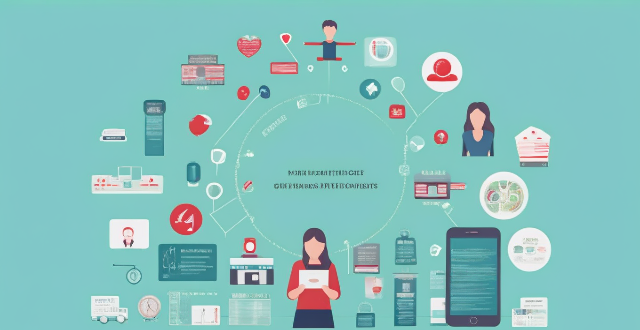
Is social media addiction a real problem, and how can it be addressed ?
Social media addiction is a growing problem with significant impacts on mental health, relationships, and productivity. Recognizing the signs of addiction, such as excessive use or neglecting important activities, is crucial for addressing the issue. The negative effects include mental health issues, relationship problems, and reduced productivity. To combat social media addiction, individuals can set limits on usage, find alternative activities, practice mindfulness, and seek professional help if needed.

How do I approach complex math problems and find solutions ?
When facing complex math problems, it's essential to have a systematic approach that helps you break down the problem into manageable parts. Here's a structured way to tackle such challenges: 1. Understand the Problem: Read the problem carefully and identify key information and variables. Clarify any doubts or ambiguities before proceeding. 2. Plan Your Approach: Select an appropriate strategy based on the type of problem (algebraic, geometric, etc.). Outline the steps you will take to solve the problem and estimate the difficulty and time required for each step. 3. Execute Your Plan: Start with the first step of your plan, work through each step methodically, making sure each calculation is correct. Use scratch paper to keep your work organized. 4. Review Your Work: Re-read the original problem to ensure your solution addresses what was asked. Verify your answer makes sense in the context of the problem and double-check your calculations for accuracy. 5. Seek Help if Needed: If you are stuck, try approaching the problem from a different angle. Discuss the problem with peers or a teacher to get new insights. Utilize online resources or textbooks for additional explanations and examples.

Why can't you do the last math question in the college entrance examination? What's the significance

Can participating in team sports boost morale and collaboration among coworkers ?
Participating in team sports can boost morale and collaboration among coworkers by improving communication, increasing trust and respect, enhancing problem-solving skills, and promoting teamwork.

What are the benefits of having strong reading comprehension abilities ?
Strong reading comprehension abilities can provide numerous benefits such as improved communication skills, enhanced learning capabilities, better problem-solving abilities, and increased employment opportunities.

What is the impact of sports programs on the leadership development of students ?
Sports programs in educational institutions have a profound impact on the leadership development of students. These programs provide opportunities for students to develop essential leadership skills such as teamwork, communication, decision-making, and problem-solving. In this article, we will discuss the various ways in which sports programs contribute to the leadership development of students. One of the most significant benefits of participating in sports programs is the opportunity to work with others towards a common goal. This experience teaches students how to collaborate effectively, communicate clearly, and support their teammates. These skills are essential for successful leadership, as leaders must be able to work collaboratively with their team members to achieve their objectives. Participating in sports programs also helps students develop strong communication skills. Athletes must be able to communicate effectively with their coaches, teammates, and even opponents during competitions. This experience teaches students how to convey their thoughts and ideas clearly and persuasively, which is an essential skill for leaders. Sports programs also provide opportunities for students to develop decision-making and problem-solving skills. Athletes must make split-second decisions during games and matches, often under pressure. This experience teaches students how to analyze situations quickly and make informed decisions based on the available information. Finally, sports programs teach students how to set goals and work towards achieving them. Athletes must set personal and team goals, create plans to achieve them, and track their progress along the way. This experience teaches students how to set realistic goals, develop strategies to achieve them, and persevere through challenges. In conclusion, sports programs have a significant impact on the leadership development of students. By providing opportunities for teamwork, communication, decision-making, problem-solving, and goal setting, sports programs help students develop essential leadership skills that they can apply in other areas of their lives. As educators and parents, it is our responsibility to encourage our children to participate in sports programs and support their growth as leaders both on and off the field.